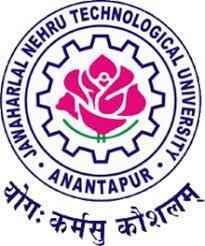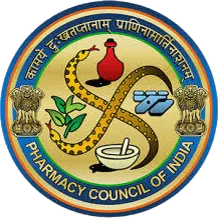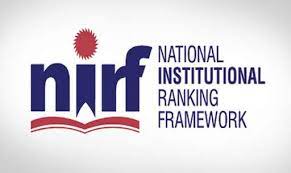Recognization & Accreditations by Jawaharlal Nehru Technological University, Hyderabad
Jawaharlal Nehru Technological University, Hyderabad (JNTUH), is a prominent technical university located in Hyderabad, Telangana, India. Established in 1972, it is named after India's first Prime Minister, Jawaharlal Nehru. JNTUH is renowned for its commitment to providing high-quality education in the fields of engineering, technology, and management.
Recognition and Accreditations of JNTUH
-
University Grants Commission (UGC): JNTUH is recognized by the University Grants Commission, which is the apex regulatory body for higher education in India. UGC recognition is essential for the legitimacy of the university and the acceptance of its degrees nationally.
-
National Board of Accreditation (NBA): The engineering programs at JNTUH may be accredited by the National Board of Accreditation. NBA accreditation ensures that the engineering programs meet specific quality standards and benchmarks.
-
National Assessment and Accreditation Council (NAAC): JNTUH has undergone accreditation by NAAC, an autonomous body established by the UGC. The accreditation process evaluates the overall institutional quality, including teaching, research, infrastructure, and other factors.
-
All India Council for Technical Education (AICTE): JNTUH's technical and engineering programs are likely approved by AICTE, the regulatory body for technical education in India.
-
Association of Indian Universities (AIU): JNTUH is a member of the Association of Indian Universities, which enhances its standing and recognition within the Indian higher education system.
-
International Collaborations: JNTUH has established collaborations with various international universities and institutions. These collaborations contribute to the global exposure of the university and provide opportunities for academic exchange and research partnerships.
-
ISO Certification: The university may hold ISO certification, indicating its commitment to maintaining quality standards in various aspects of its operations, including education, research, and administrative processes.
-
Affiliation with Professional Bodies: Programs at JNTUH might be affiliated with relevant professional bodies or councils depending on the field of study. For example, engineering programs may be affiliated with the Institution of Engineers (India) or other discipline-specific bodies.

 Hyderabad, Telangana
Hyderabad, Telangana
 State University
State University
 1972
1972
 UGC, AICTE, PCI, NIRF, ARIIA
UGC, AICTE, PCI, NIRF, ARIIA







 back
back